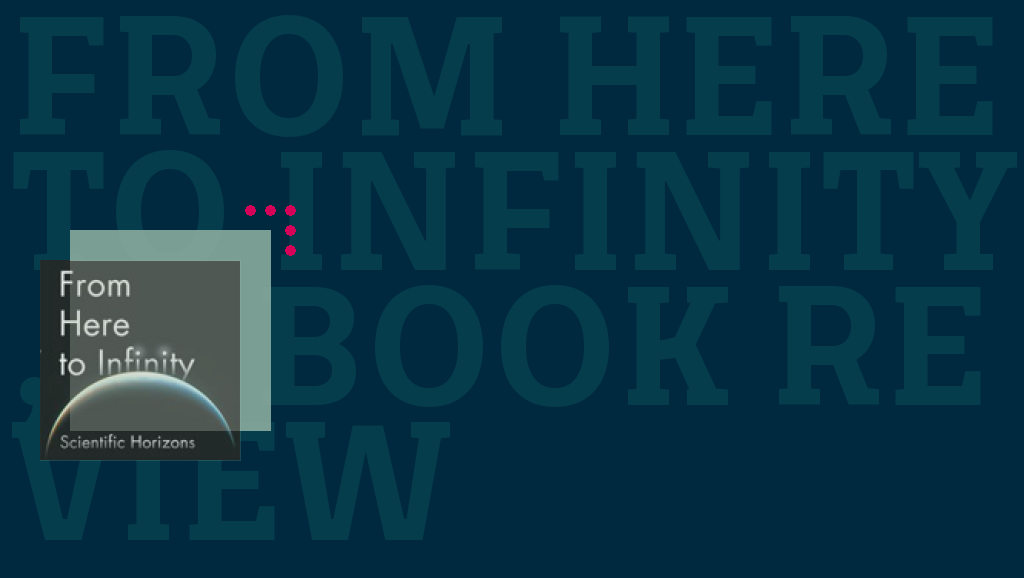Martin Rees is Professor of Cosmology and Astrophysics and master of Trinity college at the University of Cambridge, the Astronomer Royal and a former president of the Royal Society. In 2010 he delivered the Reith Lectures on BBC Radio 4 and his book ‘From Here To Infinity’ is based upon those 4 lectures.
The book addresses many of the themes that we find on the Bassetti Foundation website, and although the word ‘responsibility’ is not used, the book could be seen as a call to arms regarding ethics, public involvement in science and the environment.
The introduction lays the bedrock for the book’s philosophy. Rees quotes various previous Reith lecturers giving us an idea of his orientation. He includes a quote by Peter Medowar in 1959 that really sums up the main theme running through the book: ‘The bells which toll for mankind are – most of them anyway – like the bells on Alpine cattle; they are attached to our own necks, and it must be our fault if they do not make a cheerful and harmonious sound’.
Each chapter represents one of the four Reith lectures and can be read independently.
The first chapter is entitled ‘The Scientific Citizen’, and it starts with a brief history of the Royal Society, its founding principles and long lasting effects. As we would imagine the chapter addresses many of the issues regarding public involvement in science, education, the need for a scientific culture, politics, scientific uncertainty, scientific reporting, secrecy and privacy and the scientist’s role in society. All issues that have recently been addressed on the site.
The second chapter is entitled Surviving The Century, and touches upon the Cuban missile crisis, global population trends, biodiversity, climate change, energy resources and the political and social challenges that the world will face in the coming decades. He maintains a positive standpoint, and believes that technological innovation can help resolve some of the world’s most serious problems and improve life for many.
What We Will Never Know is the title of chapter three and by far the most theoretical in the book. It addresses the mysteries of the cosmos and micro world, touching upon nanotechnology and quantum mechanics, and outlines many of the twenty first century’s challenges. A large section is devoted to astronomy, and he concludes with thoughts about the limits of human knowledge and the question of how much we can ever know.
The final chapter is entitled A Runaway World, a title used by both sociologist Antony Giddens for one of his Reith lectures about globalization and anthropologist Edmund Leach during his 1967 lecture. The chapter raises the issue of the globalization of knowledge and society, describing how technology has changed the way science and scientific discoveries are communicated and developed. He talks about how to sustain interest in the youth and the work of the universities, and includes a section about optimizing scientific creativity. His conclusion Sustaining a Long Term Global Vision argues that science transcends national boundaries with examples of multinational science projects throughout the world, and argues that short term political thinking must give way to a long term thought if we are to leave a fair inheritance to future generations.
A splendid book, instructive, concise and easy to read.
From Here To Infinity is published by Profile books, London 2011 and costs £7.99
















